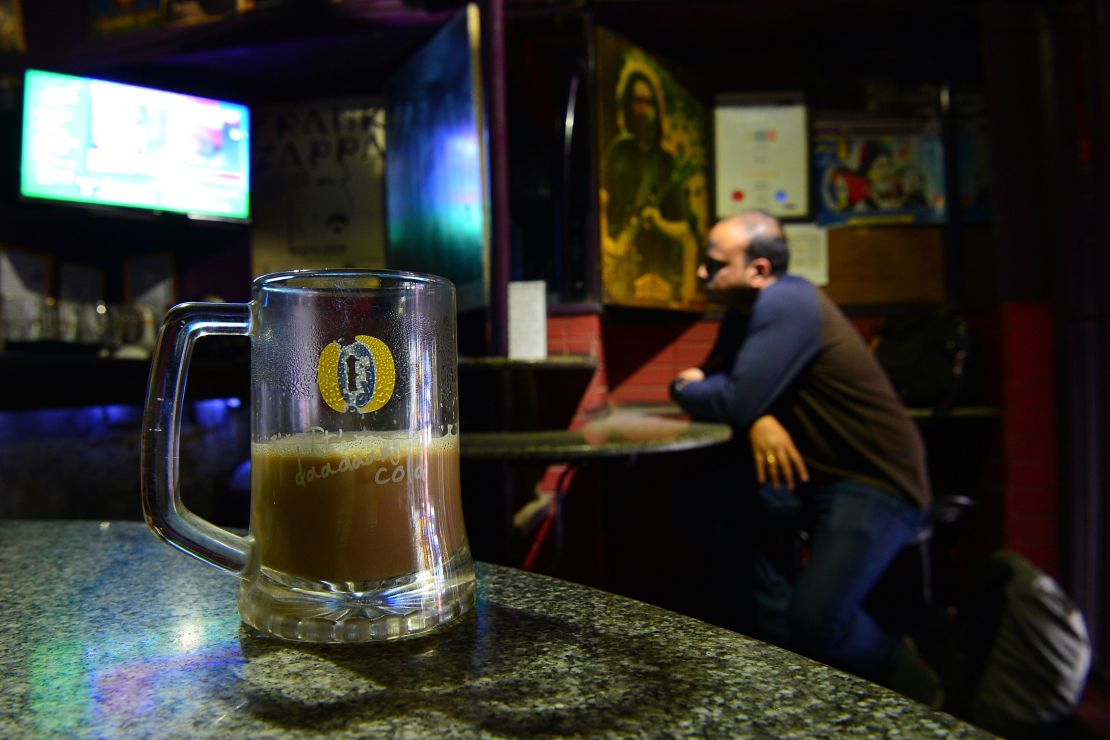Editor’s Note: Samantha Machado is a member of 101Reporters, a pan-India network of grassroots reporters.
Story highlights
As many as 750 establishments affected by the ban
Bengaluru is among India's most cosmopolitan cities
This Friday, office workers in Bengaluru – the Silicon Valley of India – will be unable to enjoy a customary after work drink, following a court ruling outlawing the sale of alcohol in the majority of the city’s bars and restaurants.
In the last seven days over 700 pubs, hotels, restaurants and wine stores in the heart of the city have gone dry, with many being forced to shut shop altogether.
The nationwide ruling, which officially came into effect on Saturday July 1, is the result of a Supreme Court order banning the sale of alcohol within 500 meters (0.3 miles) of national highways.
Whereas most Indian cities have been unaffected by the ruling, downtown Bengaluru is relatively unique in that it is crisscrossed by six major roads classified as national highways.
The city’s most prominent and well known highway – Mahatma Gandhi Road – passes through the central business district, a nightlife hotspot boasting an estimated 140 bars, while Old Madras Road, is also dotted with bars and restaurants.

Tech hub
Beginning in the 1980s, a boom in IT-related industries helped transform the capital of the Indian state of Karnataka into a globalized tech hub. Today Bengaluru is home to some of the world’s best known IT and software companies, helping it to garner a reputation as one of India’s most cosmopolitan and forward-facing cities.
Many of the bars affected by the new alcohol ban maintain close ties to the city’s tech sector, acting as informal meeting places for its legions of white collar workers.
At the famed Pecos bar, a 29-year-old Bengaluru institution located in the heart of the downtown area, the ban’s sweeping affects were already being felt. “We only sell draught beer. It is getting difficult to wait any further. The sales have collapsed,” said Pecos’ general manager Srinivas Gowda.
Pecos, which operates several locations throughout the city, became India’s first pub chain to list on the country’s stock exchange in 2015. Now, a banner outside the entrance of the original location identifies the bar as a “Highway Coffee Pub.”
The ruling will force many bars and restaurants to shut, said M Rajendra, president of the state-wide Hotel and Restaurants Association. “It is a huge investment we have made on buildings. That type of investment – land, property, maintenance… How can we relocate? If liquor is not sold there, who would want to go there?” he asked.
Karnataka state’s Excise Commissioner, Manjunath Naik, estimated the state generates up to $300 million in revenue from the sale of alcohol every year.
A movement is now underway to reclassify stretches of highway that pass through cities as roads after the proposal was approved by the Supreme Court.
How long this will take remains unknown. Any change in highway classification would require approval from the transport ministry.
Mrirani Biswas, 29, a senior content writer for an Indian ride sharing app, said that it’s a matter of when, and not if, the ban is repealed.
“I don’t think the liquor ban will stay for too long, for the simple reason that there are too many pubs. They cannot totally shut down everything all together. It’s impossible.”

